What Do I Need To Know on How To Get a CPS Case Dismissed in Texas?
CPS cases will only be dismissed if there is no evidence of abuse or neglect.
 Written by Background Check Repair
Written by Background Check Repair
Criminal Records | April 30, 2024
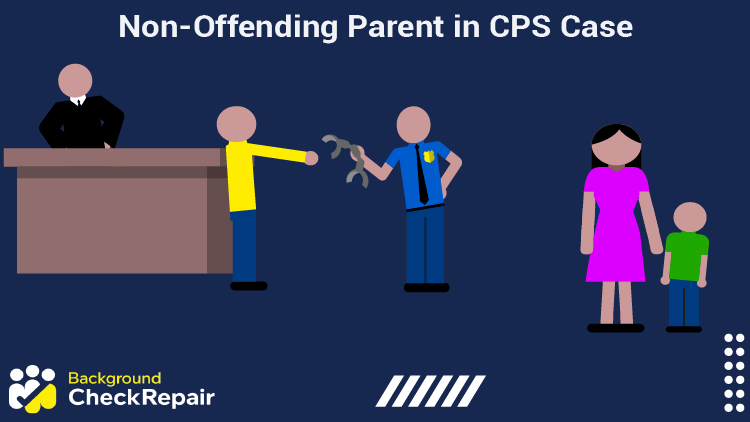
Table of Contents
What is a non offending parent in CPS case and what are their rights?
This is a common question that many parents have and they are often unsure about what Child Protective Services can and cannot legally do.
Although the exact powers of this government agency will vary from state to state, knowing your role and how the process works as a non-offending parent can heavily impact the outcome of the investigation and ultimately what happens to the child.
As a non offending parent in CPS case, there are some important things you should know, in order to protect your child both from your spouse, and from becoming another foster care statistic.
This complete guide answers all the questions.
Facing a CPS investigation can be extremely scary as a parent,1 especially when you don’t know the way the investigation works, what they are looking for and what can happen.
Anyone who finds themselves or their partner as the subject of a CPS investigation should contact an attorney that specializes in family law immediately.
Not only will the attorney be able to explain possible outcomes and the legal process itself, but they can also help improve the individual’s chances of preventing CPS from taking their children away.
One of the reasons that seeking legal counsel in a CPS is so important is because the laws vary from state to state, so having someone with expertise for the specific laws that your state has and is familiar with the state’s process will give individuals their best chance.2
So, who is the non offending parent in CPS case? Although many people are under the impression that when there is suspicion of child abuse or neglect Child Protective Services will investigate the entire household or both parents,3 this is not always the case.
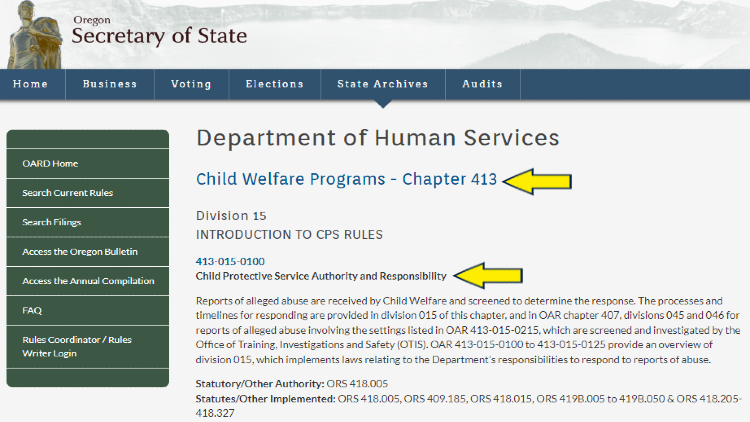
Every state has specific laws about child welfare and some make it easier than other to remove a child from their parents before a full investigation has occurred.
Although both parents might be investigated, in many cases, the complaint about the neglect is made by a parent of the child, possibly one that does not live with the child and is concerned for their child’s well-being while they are in the custody of the other parent.
In this case, the parent that made the complaint would be considered the non-offending parent.
Essentially, if a CPS case is only focusing on possible neglect or abuse committed by one parent, the parent who is not under investigation is the non-offending parent.
Those who find themselves in this situation and are trying to get the best possible outcome for their child will likely have questions about their role as a non offending parent in CPS case. The role of the non-offending parent is essential to where the child ends up.
Many people will assume that since they are not personally under investigation that the custody of the child will automatically be transferred to them.
However, this is not true.
CPS will still make a determination about what is in the best interest of the child, although the non-offending parent is likely going to be the first place that they look, it is by no means a guarantee.
This is especially relevant when the offending parent and the non-offending parent live in the same household with the child. If one parent is under investigation for some kind of abuse, such as family violence,4 then it is fair the CPS investigator will at least put some of the blame on the non-offending parent for allowing the abuse.
In cases where the non-offending parent does not live in the household and has the means to take care of the child, it is common for CPS to place the child in the temporary care of the non-offending parent, at least for the duration of the investigation.
This is another example of why legal counsel is so important in such situations. It is not uncommon for parents without custody to make false CPS reports in order to gain custody of their child.
With all that being said, what is a non-offending parent able to do in a CPS case? As mentioned, staying clear of the investigation is not always the best course of action, in fact, the non-offending parent will likely want to involve themselves in the case as much as possible for the sake of the child.
CPS will generally be in frequent contact with the non-offending parent during the investigation.
The non-offending parent is also able to ask questions in any court hearing regarding the child as well as provide evidence or testimony relating to the case. In many cases, the non-offending parent will become the child’s biggest advocate and can heavily influence what happens to the child as well as what happens to the offending parent.
A simple thing the non-offending parent can do is to know how to get a criminal background check on the individual to see if they have been convicted or charged with any past crimes. This can give individuals insight into the situation and also be used as evidence.
This can be done using the search bar at the top of this page.
Another term individuals might have heard and be confused about is, CPS non custodial parent.
The non-custodial parent is the individual who does not have primary custody of the child. This does not mean that the individual has no contact with the child at all, and in many cases, the non-custodial parent will have fairly frequent visitation rights, similar to those found in divorce cases.
In many CPS cases, the non-offending parent will also be the non-custodial parent.
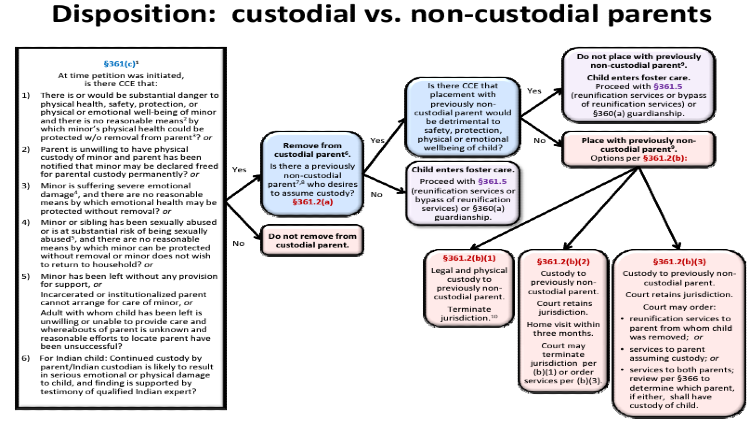
Custody determinations follow a specific outline established by state law.
Should the non-custodial parent have frequent visitation rights with the child, CPS will likely transfer temporary custody of the child to this parent during the investigation, especially if the child’s safety is potentially at risk.
Regarding what CPS can and cannot do, the law varies slightly from state to state. Although many people think that CPS is a federal agency, it is actually a state agency that is usually part of the state Department of Human Services or an equivalent agency.
CPS is required by law to investigate every legitimate report of child abuse or neglect.
In some states, a ‘legitimate’ complaint can be filed by anyone, anonymously. So, false reports can and do occur, sometimes from malicious reasons.
Although not every single case will warrant an investigation, the evidence, and claims that will warrant an investigation are extremely low as CPS takes any claim of abuse extremely seriously. This is especially true when a report is made by someone who is a mandatory reporter.5
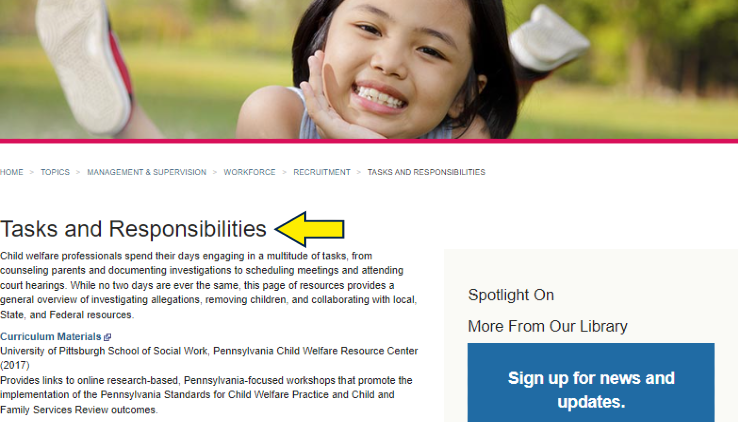
Child Protective Services in many states require only a suspicion to open a case.
A mandatory reporter is a legal distinction that refers to individuals who are required by law to report any suspected abuse or neglect.
The most notable examples of mandatory reports are teachers and doctors and even therapists in certain situations. When this happens an investigation will begin, usually in the form of a formal juvenile abuse and neglect case being opened.
A juvenile abuse and neglect case is simply the formal term that many state CPS agencies will use when opening a case against possible abuse that is occurring.6
CPS cases are highly documented, mainly so that CPS can review old cases if new claims are made against the same parent or involving the same child. Once the case has been formally opened, CPS will begin investigating.
When it comes to what they can do during the investigation, many of the powers CPS has are fairly surprising. Even if you are the non offending parent in CPS case, knowing the process and what could possibly happen is still extremely important.
When it comes to what CPS is legally allowed to do during an investigation, there are several things that parents should be aware of.
This is likely one of the biggest surprises for many parents, but CPS is able to talk to a child who is suspected of being abused without the parent of the child even being aware. This will often be done through the child’s school or similar situations where the child can feel safe.
Even without proof, CPS can take a child.
The main reason that investigators have this power is to prevent abusive parents from telling their children what to say and what not to say when CPS speaks with the child. Coaching children that are victims of abuse is an extremely common practice for abusers.
Another common power that CPS investigators will exercise is forcing parents to follow a specific plan for the child’s safety.
In most cases, these will not be court-ordered plans and are more like an opportunity to prove to CPS that the individual is capable of taking care of the child properly.
If the plan is not followed, this will reflect poorly on the parent.
In certain cases, CPS will be able to remove the child from the parent’s home. Where the child will go after this will vary but in most cases, it will be with the non-offending parent or a form of foster care.
Keep in mind that CPS will not show up at the household for the first time and simply decide to take the child away. Although, that can happen.
CPS will be required to obtain a court order by proving that the child is in danger.
CPS is also able to take away parental rights with the help of a court order.
This is often done after the child is removed, and will be the result of an investigation that proves the parent is not capable of caring for the child properly.
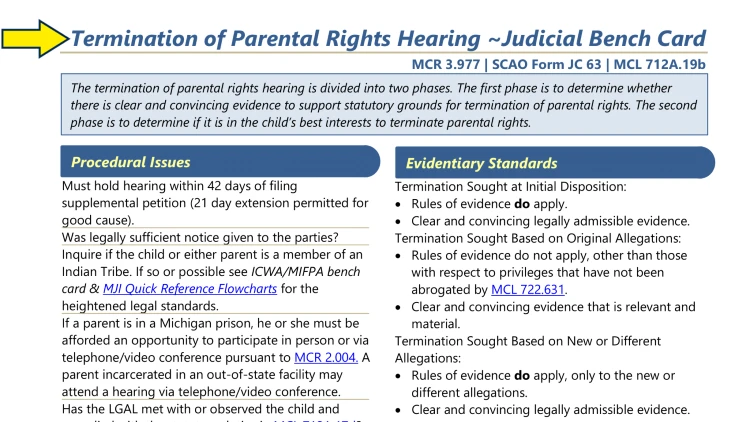
The termination of parental rights is accomplished through the courts.
In many cases, this will be due to significant abuse or drug and alcohol abuse that leads to the child being neglected.
The list of things that CPS is not legally allowed to do is far shorter than what it can. During the course of an investigation, the most notable thing that CPS can not do is enter the individual’s home without their consent.
In order for CPS to forcibly enter a home they will need a court order to do so, which they can obtain if they believe the child is in danger.
In many cases, the abuse and neglect the child is facing is a result of a parent’s drug or alcohol abuse. CPS may request that a parent undergo a drug test, which a parent may do in order to prove their innocence in this regard.
However, CPS is not legally able to force a parent into a drug test, although this can be achieved if the investigator is able to obtain a court order. In this case, the parent will be required to pass a drug test in order to keep custody of the children, failing to take the drug test will likely carry the same outcome as failing the test.
Just like with criminal cases, many people will want to know how to get a CPS case dismissed as means of making the entire situation simply go away. Unfortunately, the only way to get a CPS case dismissed is to be cleared of any wrongdoing and for the investigation to simply end.
This will usually happen if CPS determines there is no evidence of abuse or neglect. In certain cases, CPS may heavily suspect abuse but will be unable to obtain any real evidence, in this situation a judge may choose to have the case dismissed if no evidence has been supplied.7
The lasting effects of a CPS case are also a major cause for concern for many people and individuals will want to know, how long a CPS case remains on your record and how to determine if criminal charges are filed as a result of the investigation, and the answer might be surprising.
CPS cases are not criminal investigations in most cases so they will only appear on an individual’s record if criminal charges are filed against the parent as a result of the investigation. This means that individuals who have been investigated by CPS but avoided any kind of criminal charge will not appear on any child abuse background checks.
However, CPS will keep detailed records of all their investigations and any claims of child abuse for years. This is done so that CPS is able to have all possible information when investigating child abuse, such as if similar claims have been made in the past.
Keep in mind that these CPS records are not publicly available and are only used internally by CPS.
When it comes to does CPS notify the other parent, the answer is generally yes.
Only in certain situations will the other parent not be notified, such as if the other parent is not known or has not had contact with the child or parent for an extended period of time.
Another common cause for concern is, does CPS have to notify the other parent, and the answer is no.
The other parent will be notified if they have partial custody of the child, however, if they have no contact with the child there is little reason to contact them.
The rights of the non-offending parent are fairly minimal. CPS will be in charge of the investigation and determining the best interest of the child.
Parents should remain involved in the investigation as much as possible.
Going to court as a non-offending parent can be a great way to provide evidence against the offending parent and gain custody of the child.
The non offending parent evaluation is when CPS will determine if the non-offending parent is able to care for the child while the offending parent is being investigated.
In cases where the non-offending parent does not live in the household and has visitation rights, this evaluation will be fairly quick and the custody of the child will be transferred.
Those who find themselves as the non-offending parent in CPS case should be in contact with CPS as often as possible and provide any evidence that they can. The investigation will determine if the child stays with their potentially abusive parent or is moved to a more stable environment.
CPS case statistics show that children who were victims of abuse were abused by a parent over 77% of the time.8 Being involved in the case will determine the child’s well-being for years to come.
CPS investigations are incredibly nerve-wracking no matter the role you have in the investigation. Individuals should always contact a lawyer to have the best chance of a favorable outcome, even if they are the non offending parent in CPS case.
CPS cases will only be dismissed if there is no evidence of abuse or neglect.
CPS cases will only be dismissed by a judge if the CPS investigator is unable to provide any kind of evidence of abuse or neglect.
Only a judge has the power to dismiss a CPS case, which is only done if the investigator is unable to provide any kind of evidence relating to abuse or neglect.
CPS is able to talk to the child without permission of the parent and remove the child from the home if they have a court order. CPS is not able to forcibly enter a home without a court order.
CPS is not able to remove the child from the home without a court order, however they are able to talk to the child without the parent even being aware of this occurring.
A foster parent background check is the check performed by the state to determine if someone is fit to be a foster parent and meets the legal requirements.
The CPS background check is the same as the foster parent background check and is used to screen potential foster parents to ensure they meet the requirements of care.
A CPS background check will go back forever and will even uncover charges and convictions that have been sealed.
1ChildCare.gov. (2023). Child Protective Services. ChildCare.gov. Retrieved January 04, 2023, from <https://childcare.gov/consumer-education/child-protective-services>
2U.S. Department of Health and Human Services. (2023). State Statutes Search. Child Welfare Information Gateway. Retrieved January 04, 2023, from <https://www.childwelfare.gov/topics/systemwide/laws-policies/state/>
3U.S. Department of Health and Human Services. (2023). How To Report Child Abuse and Neglect. Child Welfare Information Gateway. Retrieved January 04, 2023, from <https://www.childwelfare.gov/topics/responding/reporting/how/>
4U.S. Department of Health & Human Services. (2023). National Domestic Violence Hotline. Family and Youth Services Bureau. Retrieved January 04, 2023, from <https://www.acf.hhs.gov/fysb/programs/family-violence-prevention-services/programs/ndvh>
5U.S. Department of Health and Human Services. (2019). Mandatory Reporters of Child Abuse and Neglect. Child Welfare Information Gateway. Retrieved January 04, 2023, from <https://www.childwelfare.gov/topics/systemwide/laws-policies/statutes/manda/>
6U.S. Department of Health and Human Services. (2023). Identification of Child Abuse & Neglect. Child Welfare Information Gateway. Retrieved January 04, 2023, from <https://www.childwelfare.gov/topics/can/identifying/>
7U.S. Department of Health and Human Services. (2022, November 21). Understanding Child Welfare and the Courts. Child Welfare Information Gateway. Retrieved January 04, 2023, from <https://www.childwelfare.gov/pubpdfs/cwandcourts.pdf>
8U.S. Department of Health and Human Services. (2021, June 11). Child Maltreatment 2019: Summary of Key Findings. Child Welfare Information Gateway. Retrieved January 04, 2023, from <https://www.childwelfare.gov/pubpdfs/canstats.pdf>
We use cookies to ensure that we give you the best experience on our website. If you continue to use this site we will assume that you are happy with it